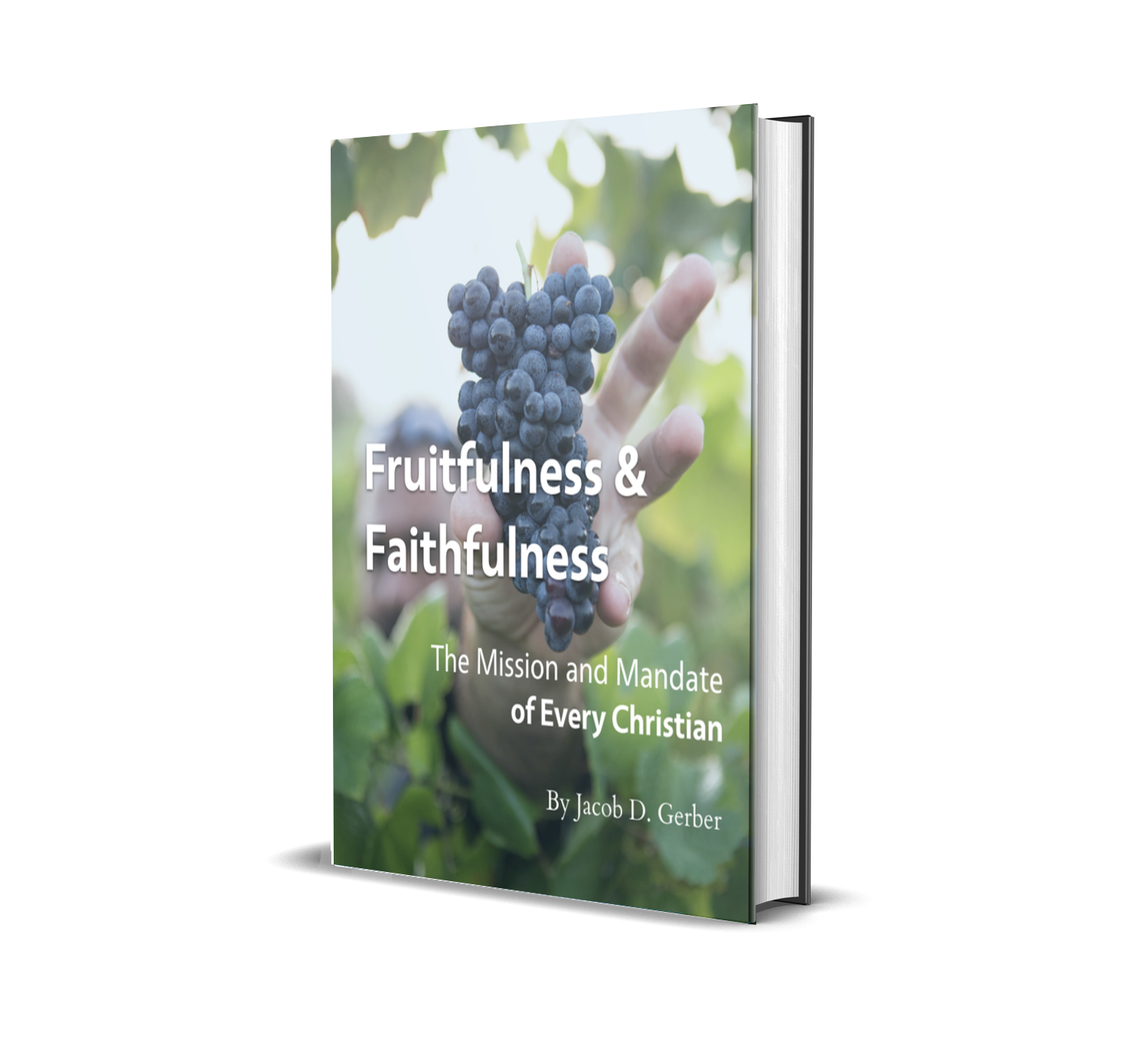The Ten Commandments – Part 3 (Discipleship Training)
Or, read my introductory post on discipleship training here.
The Ten Commandments – Part 3: As we have continued our study of God’s law, we have been working through the summary of the law given in the Ten Commandments. Last time, we studied the first three commandments.
Today, we will study the Fourth and Fifth Commandments. These commandments are the hinge of the two tables of the law, providing a bridge from how the law requires us to relate to God, and how the law requires us to relate to one another.
Training Objective
The Fourth and Fifth Commandments bridge our moral obligations to God, and toward our neighbors.
Scripture
Read and discuss:
- Genesis 2:1–3: God’s example of resting on the Seventh Day, to set apart the Sabbath as holy
- Exodus 20:8–12: The Fourth and the Fifth Commandments
- Exodus 31:12: An explanation for the Sabbath: a sign to know that God sanctifies us
- Isaiah 58:13–14: A promise for the Sabbath to delight in the Lord
- John 20:19, 26: Jesus meets with his people on two consecutive Lord’s Days
- Acts 20:7: Believers gathered on the first day of the week to “break bread”
- 1 Corinthians 16:2: Paul instructed Christians to set aside money for a collection on the first day of the week
- Ephesians 6:1–4: Paul’s application of the Fifth Commandment
- Hebrews 4:1–13: There remains a Sabbath rest for the people of God, and we must strive to enter that rest
- Revelation 1:10: John speaks of the “Lord’s Day”—that is, the first day of the week
Doctrine
Read and discuss:
Discussion Questions
- How does the Fourth Commandment teach us when to worship?
- Why does the resurrection of Jesus, his resurrection appearances to his disciples, and the subsequent gathering of Christians, all fall on the first day of the week? How do we understand the connection between the Sabbath and the Lord’s Day (cf. WCF 21.7)?
- How does the Fifth Commandment teach us to relate to those with authority over us, and to those over whom we have authority?
Application
- Memorize the Ten Commandments.
- Consider how much our culture downplays, ignores, and violates the Fourth Commandment and Sabbath rest. In what ways should the church resist the draw of the culture, and set apart the Lord’s Day as holy to him?
- Consider how much our culture celebrates the defiance of lawful authority. In what ways should the church resist the example of our culture, and show proper honor to those whom God has given authority over us?
FREE eBook: Fruitfulness and Faithfulness: God’s Mission and Mandate of Every Christian
Grow in God’s Plan for Your Fruitfulness and Faithfulness

Invest Your Life Well
Discover God’s breathtaking vision for the fruitfulness of his people.
Learn how to live fruitfully and faithfully in the kingdom of Jesus.
Download the free eBook now.




